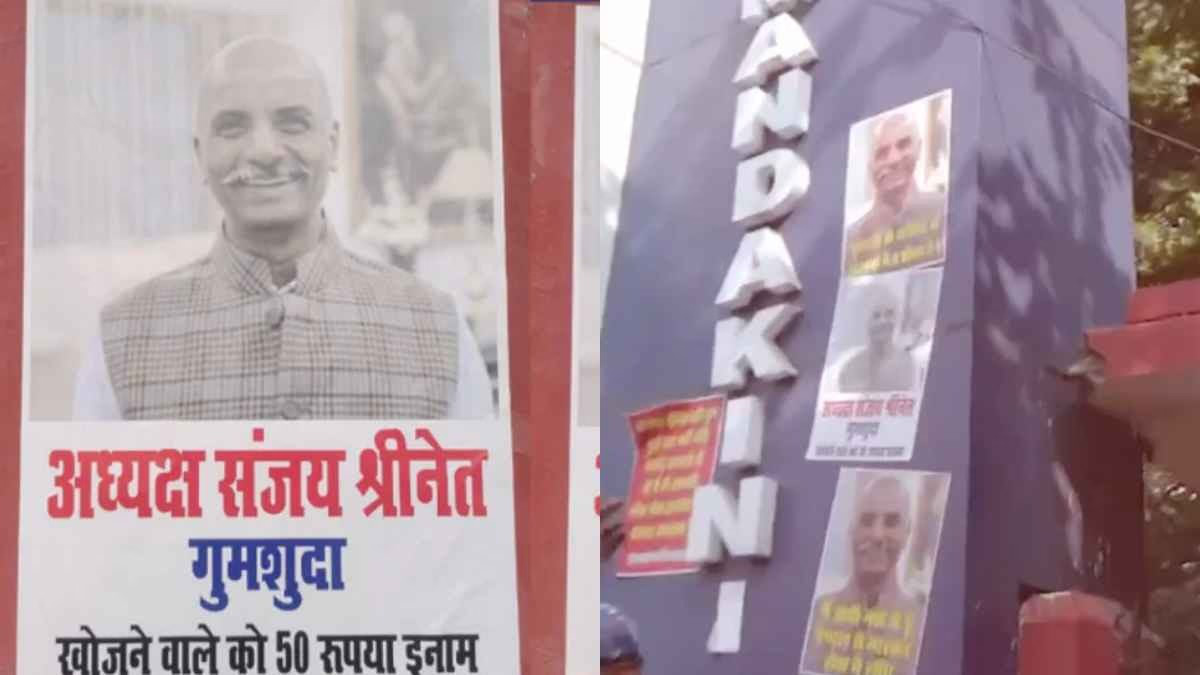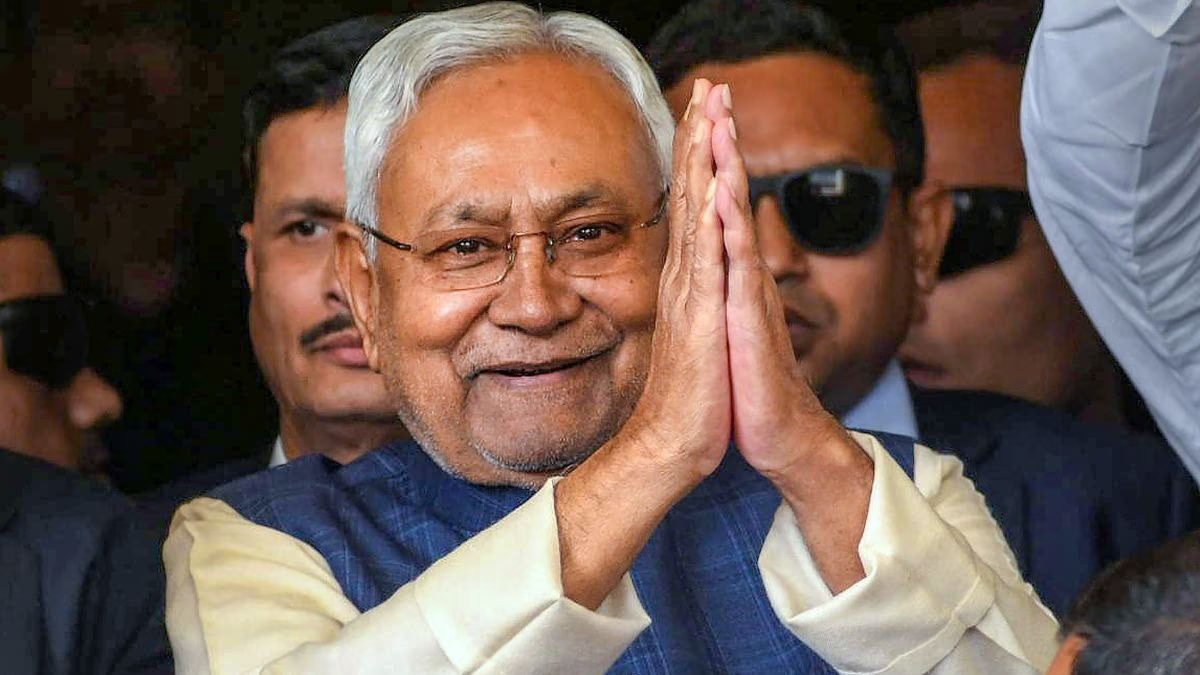The protests by candidates against the Uttar Pradesh Public Service Commission (UPPSC) regarding the UP PCS and RO/ARO exams show no signs of subsiding. On the third consecutive day, a large gathering of candidates staged a vigorous demonstration outside the UPPSC office in Prayagraj. The primary demands were implementing 'One Exam, One Shift' and removing the normalization method.
In the absence of a response from UPPSC Chairman Sanjay Shrinet on the third day, candidates plastered "missing chairman" posters outside the UPPSC office in Prayagraj, offering a reward of 50 rupees for anyone who finds him.
Recently, UPPSC announced new exam dates for the UP PCS and the Review Officer (RO)/Assistant Review Officer (ARO) recruitment exams, scheduled for December. The commission informed that due to a high number of candidates, the exams would be held in multiple shifts, assessed using the normalization method. This decision has sparked widespread protests from candidates across various regions, from Delhi to Uttar Pradesh.
What is the Normalization Method Controversy?
Normalization is a statistical method used to adjust candidates' scores based on percentiles when exams are conducted over multiple days. Its purpose is to ensure fairness among candidates taking different question sets. However, the way normalization is calculated has become a major point of contention. While the official website lacks detailed information, a circulated notification explains the formula, which works by dividing the number of candidates scoring equal to or less than a particular candidate by the total number of examinees, then multiplying by 100 to derive the percentile.

Source: aajtak
The formula indicates that a candidate's percentile is derived by comparing their score with the scores of peers, raising fairness issues. Concerns emerge because the calculation might disadvantage some candidates due to the fluctuation in attendee numbers per shift, potentially impacting the perceived difficulty of the exam questions.
Why is Normalization Necessary?
In a bid to mitigate cheating incidents such as paper leaks, strict rules were introduced regarding exam centers, stipulating they be within a 10-kilometer radius of the nearest station or bus stand, and must be in government institutions like state or central universities. Due to these restrictions, only 900 of the needed 1758 centers could be secured, necessitating two separate exam days.
What Do Candidates Demand?
Candidates argue the given normalization formula itself causes discrepancies. Sample alterations can drastically fluctuate percentiles due to the varied number of individuals in different shifts. Candidates assert that such fluctuations unfairly judge difficulty levels and inaccurately reflect a candidate's capabilities.
According to the schedule released by the commission, the UP PCS prelims exam is set for December 7 and 8, 2024, across 41 districts. It will occur in two shifts each day: 9:30 AM to 11:30 AM and 2:30 PM to 4:30 PM. Originally scheduled for October 27, the exams were postponed due to the inability to match suitable exam centers to standards.
Moreover, the U.P. Review Officer/Assistant Review Officer (Preliminary) Exam-2023 will take place on December 22 and 23. The first day features two shifts, 9 AM-12 PM and 2:30 PM-5:30 PM, and a single shift, 9 AM-12 PM, on the second day across different districts. Approximately 10.76 lakh candidates have applied for these exams.




